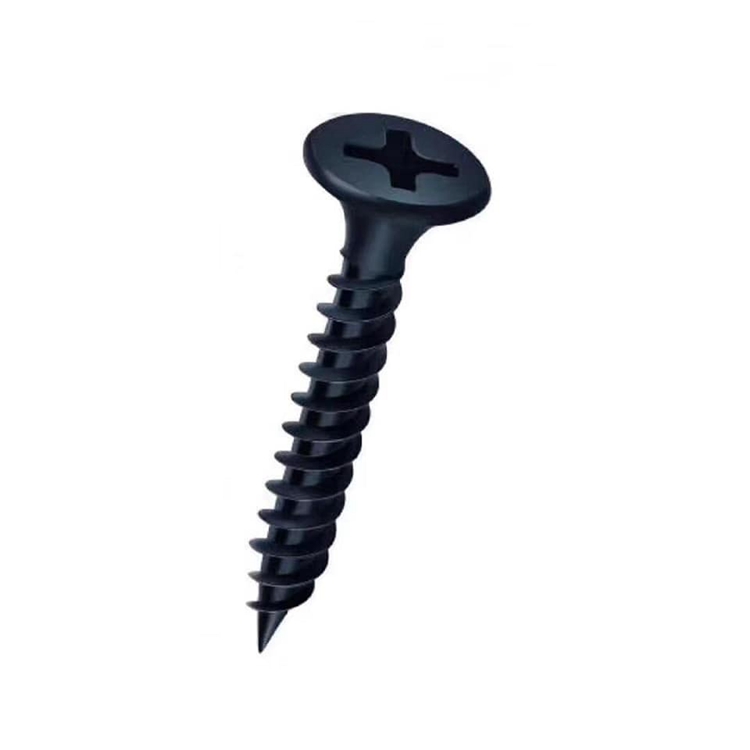flat top bolts
ធ្នូ . 15, 2024 03:30 Back to list
flat top bolts
Understanding Flat Top Bolts The Unsung Heroes of Mechanical Fastening
When it comes to mechanical engineering and construction, fasteners play a crucial role in ensuring the stability and durability of structures. Among the multitude of fastening options available, flat top bolts stand out due to their unique design and versatility. Despite often being overlooked, these bolts are vital components in various applications, ranging from automotive to construction industries. This article delves into the characteristics, applications, and benefits of flat top bolts.
What Are Flat Top Bolts?
Flat top bolts, as their name suggests, feature a flat surface on their head, unlike the rounded or hexagonal heads of traditional bolts. This design offers distinct advantages that cater to specific fastening requirements. They are often manufactured from robust materials like steel, stainless steel, or alloy steel, which contribute to their overall strength and reliability. The flat head allows them to sit flush with the mating surface, minimizing potential protrusions that could interfere with other components or safety protocols.
Design and Specifications
Flat top bolts are available in various sizes and thread configurations, allowing them to fit into an array of applications. The flat top is not only aesthetically pleasing but also functional; it provides a larger bearing surface that can distribute load more evenly. This characteristic is particularly advantageous in applications where precision and tight tolerances are critical. Additionally, the design facilitates easier installation with tools, making them a favorite among engineers and technicians alike.
The dimensions and specifications of flat top bolts are governed by various standards, including ASTM and ISO, ensuring consistent quality and performance across different manufacturers. These specifications cover aspects such as tensile strength, yield strength, and corrosion resistance, ensuring that the bolts perform well under various environmental conditions.
Applications of Flat Top Bolts
flat top bolts

The versatility of flat top bolts makes them suitable for a multitude of applications. In the automotive industry, they are often used to secure body panels, engine components, and chassis parts, where a flush finish is not only desirable but essential for aerodynamics and safety. In construction, flat top bolts can be found anchoring fixtures, securing beams, and joining steel structures. Their ability to create a smooth surface makes them ideal for areas where safety and aesthetics must be maintained, such as handrails and floor installations.
Additionally, flat top bolts are utilized in the manufacturing of machinery and equipment, such as conveyors, where tight fastening and reduced wear on components are necessary. The flat head design is also advantageous in applications where space is limited, allowing for a more streamlined assembly without compromising strength.
Advantages of Flat Top Bolts
The benefits of using flat top bolts extend beyond mere functionality. One significant advantage is their ability to minimize the risk of injury in environments where human interaction is frequent. The flush design reduces sharp edges that could lead to cuts or entanglements, promoting a safer workspace. Furthermore, the distribution of load across a wider area can lead to improved durability and longevity of the fastening joint, translating to lower maintenance costs and increased efficiency.
Another considerable benefit is their resistance to loosening over time. When properly installed, flat top bolts can provide reliable, vibration-resistant fastening that is crucial in applications subjected to mechanical stress and dynamic forces. This stability is further enhanced when used in conjunction with locking washers or adhesives, ensuring that the fastening remains secure even under challenging conditions.
Conclusion
Flat top bolts may not receive as much attention as their more prominent counterparts, but their importance in fastening technology cannot be understated. With a design that promotes safety, efficiency, and reliability, they serve as essential components across various industries. Whether you're an engineer specifying components for a new project or a DIY enthusiast seeking reliable materials for home improvement, understanding the characteristics and applications of flat top bolts can make a significant difference in the success of your endeavors. Embracing the advantages of flat top bolts means recognizing the unsung heroes of mechanical fastening and harnessing their potential to promote innovation and safety in engineering solutions.
Latest news
-
High-Quality Panel Stud Bolt Reliable Panel Stud Bolt Factory & Suppliers
NewsJul.08,2025
-
High-Precision Fine Thread Locknuts Manufacturer & Supplier Custom Solutions
NewsJul.08,2025
-
PH Imperial Stud Bolt – High Strength Fasteners from Leading Supplier & Factory
NewsJul.07,2025
-
High-Quality Allen Wrench Bolts Leading Factory, Company & Suppliers
NewsJul.07,2025
-
Wholesale Ball Stud Bolt - High Quality Supplier & Factory Price Reliable Wholesale Ball Stud Bolt Company
NewsJul.06,2025
-
High-Strength Alloy Bolts Manufacturer & Supplier Quality Alloy Fasteners Factory
NewsJul.06,2025
